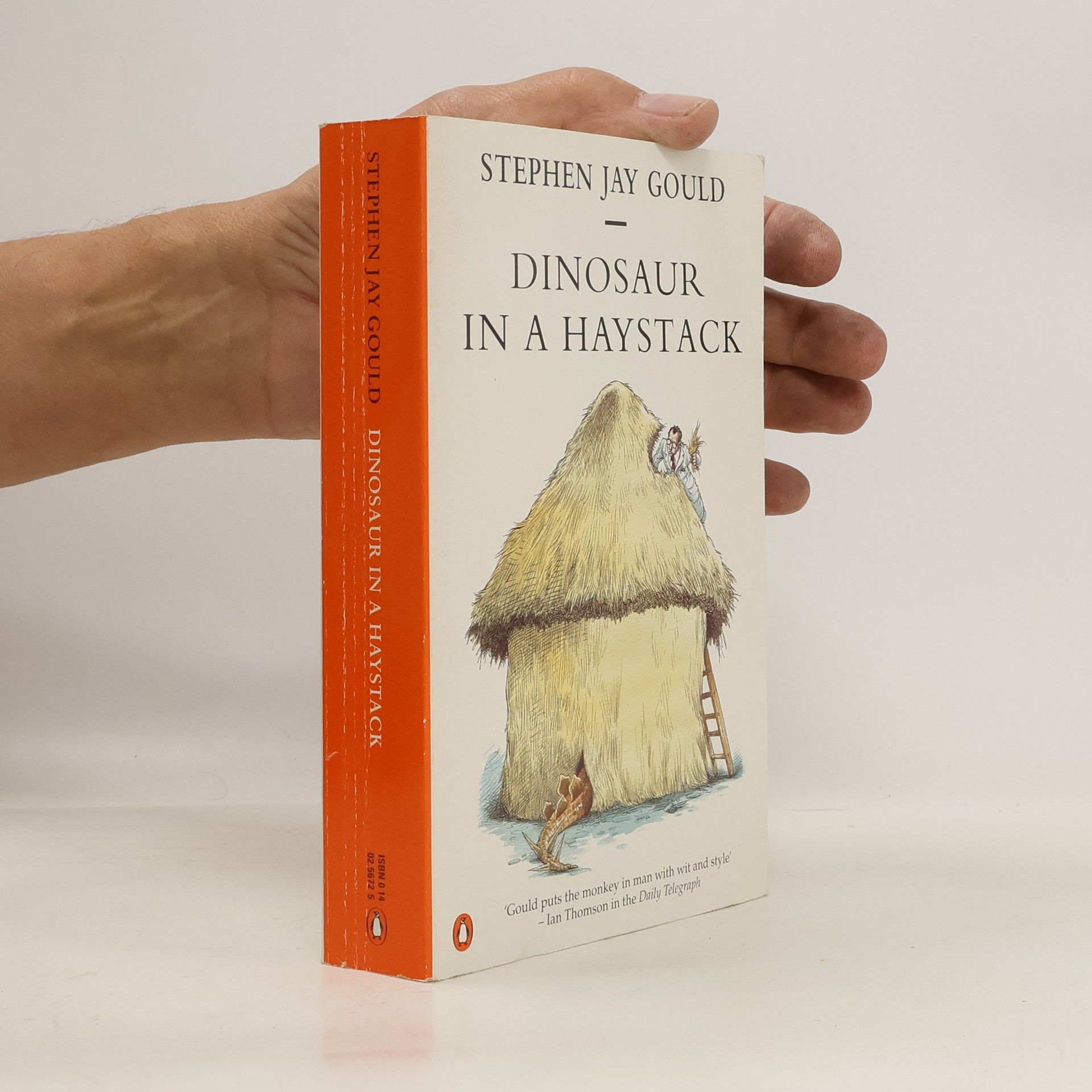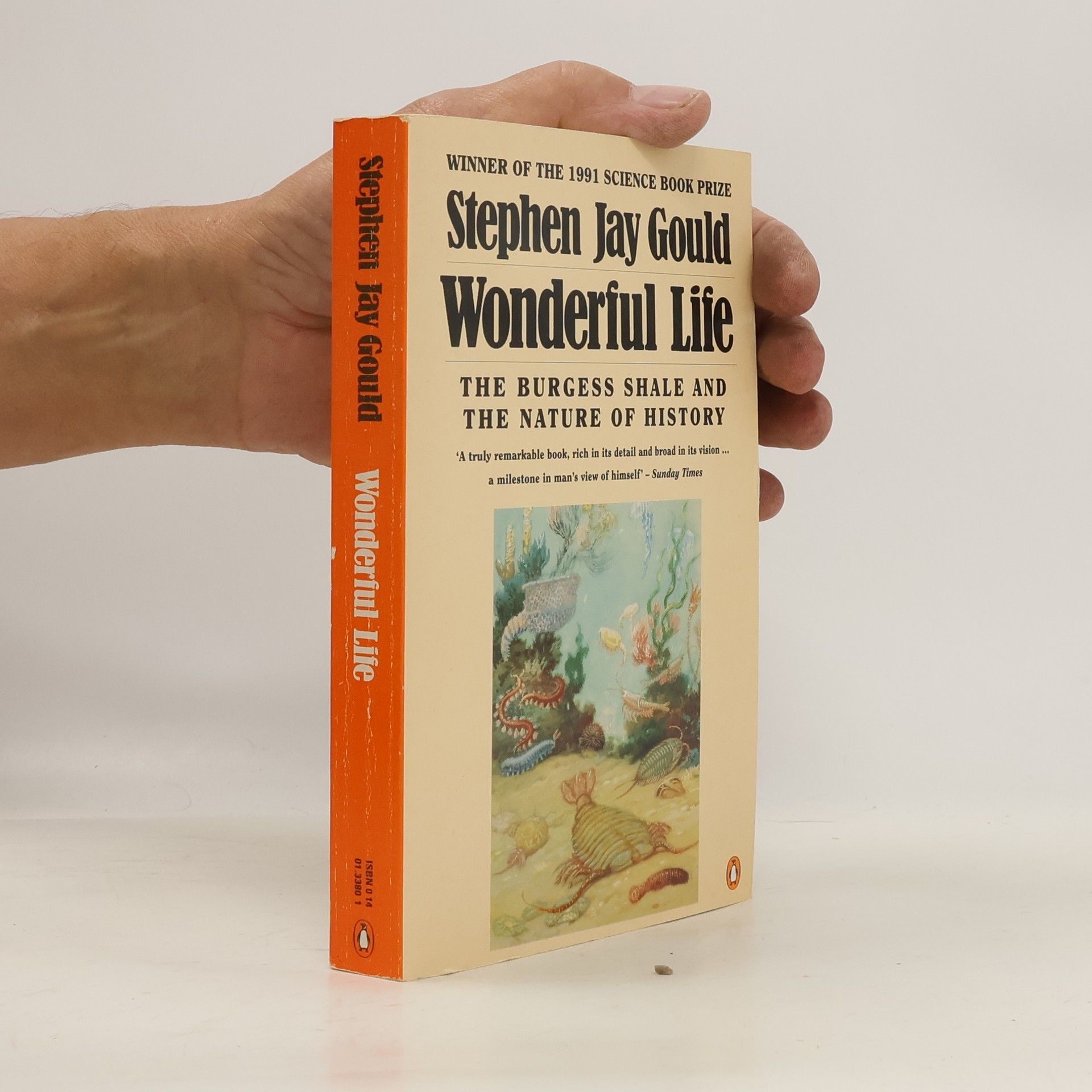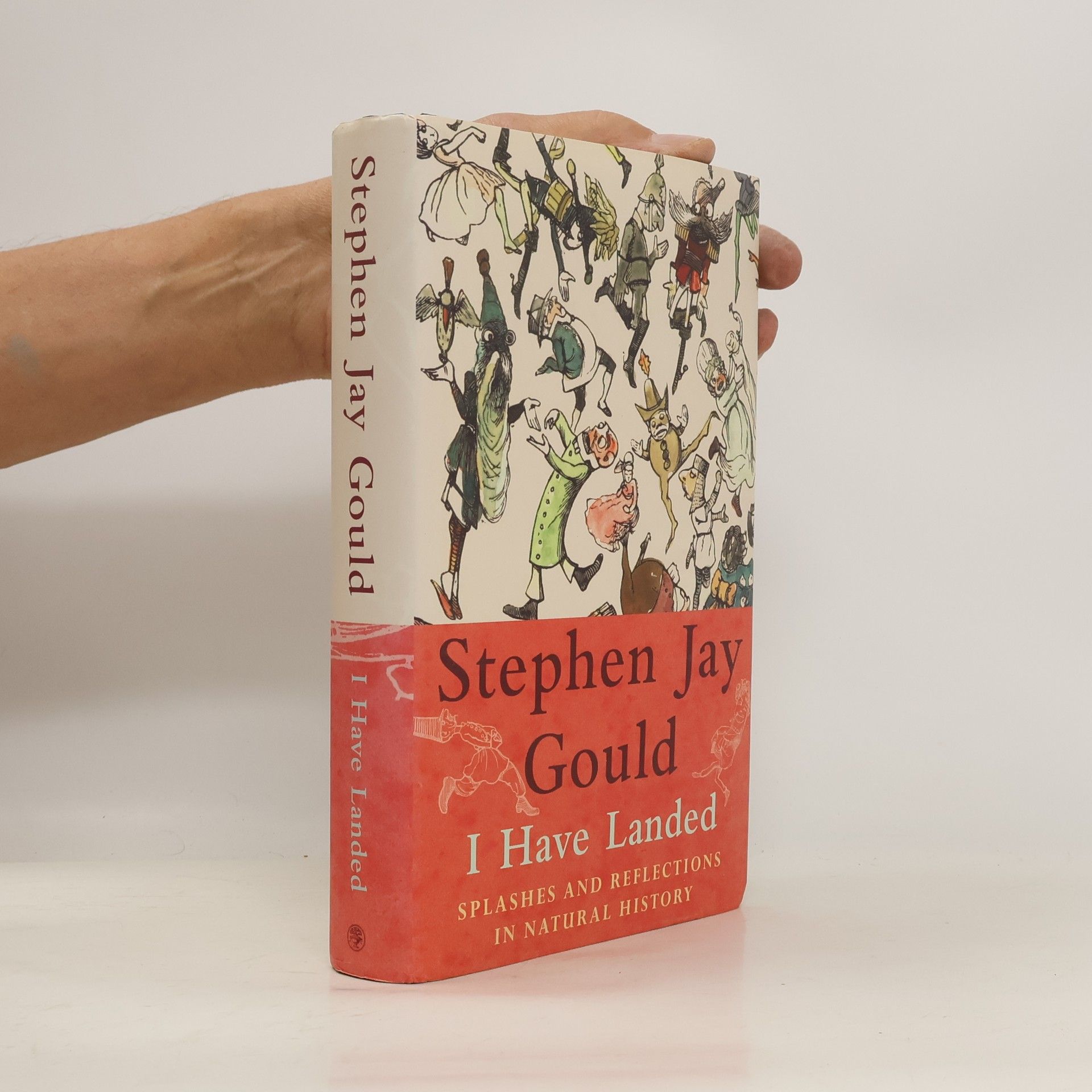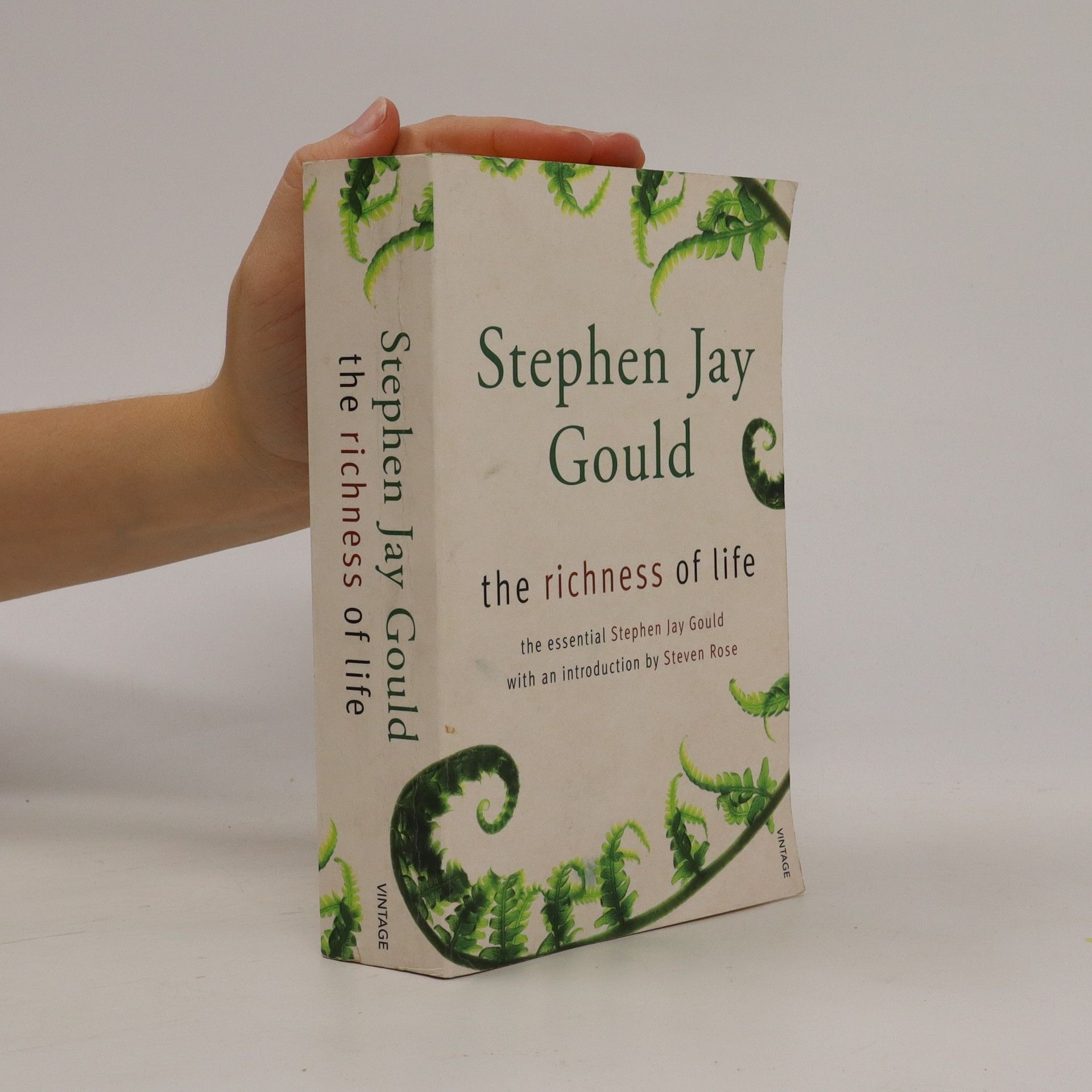The flamingo's smile. Reflections in natural history
- 476pages
- 17 heures de lecture
Contains thirty of the author's essays from monthly columns in Natural History Magazine.
Stephen Jay Gould était un éminent paléontologue et biologiste de l'évolution américain, réputé pour sa science populaire captivante. Ses recherches empiriques se sont principalement concentrées sur les escargots terrestres, et il a co-développé la théorie de l'équilibre ponctué, qui postule une stabilité évolutive marquée par des changements rapides. Gould s'opposait au sélectionnisme strict et à la sociobiologie, plaidant pour la compatibilité de la science et de la religion en tant que "magistères" non chevauchants. Ses essais et livres ont rendu les idées scientifiques complexes accessibles à un large public.







Contains thirty of the author's essays from monthly columns in Natural History Magazine.
There aren't many scientists famous enough in their lifetime to be canonized by the US Congress as one of America's 'living legends'. It is still more unlikely that the title should have been conferred on a man regarded by many in the US as a notorious ra
This collection of essays from "Natural History" magazine illuminate and elucidate key scientific concepts and their history, ranging from the discovery of the new scourge of syphilis by Fracastoro in the 16th century to Freud's weird speculations about human phylogeny.
The Burgess Shale and the Nature of History
Basing his argument around the history of science's treatment of the fossils of the Burgess shale, the author presents a view of evolution as a non-progressive system, which saw a wide range of early designs for life winnowed down to the relatively few basic designs that exist today.
This seventh collection of Stephen Jay Gould's natural history essays covers subjects ranging from fossils to ship worms, starting with a solar eclipse in New York, and finishing with bus stops in Greece.
Essays from the author's column This view of life, published in Natural history.
The book critiques classical Darwinism by examining its fundamental components, historical development, and origins. It challenges established beliefs and proposes a new framework for understanding evolutionary theory, encouraging readers to rethink traditional concepts in light of contemporary insights.
The definitive refutation to the argument of The Bell Curve.
Ever Since Darwin, Stephen Jay Gould's first book, has sold more than a quarter of a million copies. Like all succeeding collections by this unique writer, it brings the art of the scientific essay to unparalleled heights.
The title is a pun, and as always with Gould the joke has a point that illustrates the largest pattern of life's history. For millennia the animals that populated the earth had four toes on each foot, or six. If evolution had taken a tiny shift - if our a